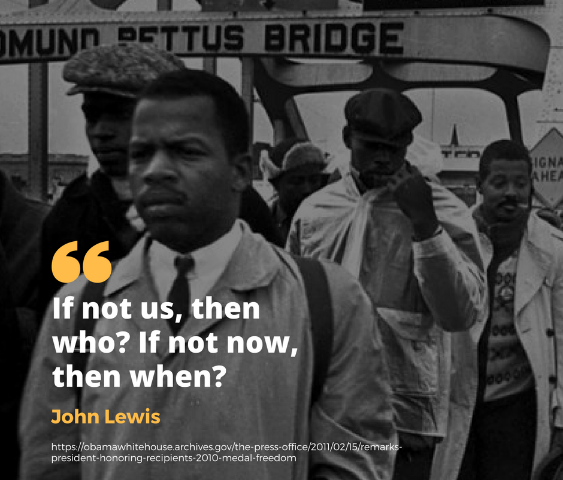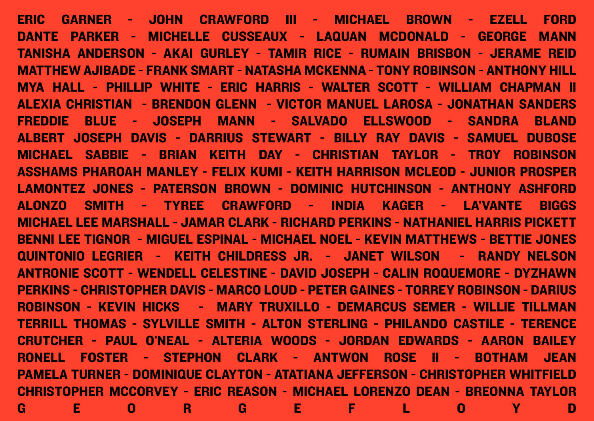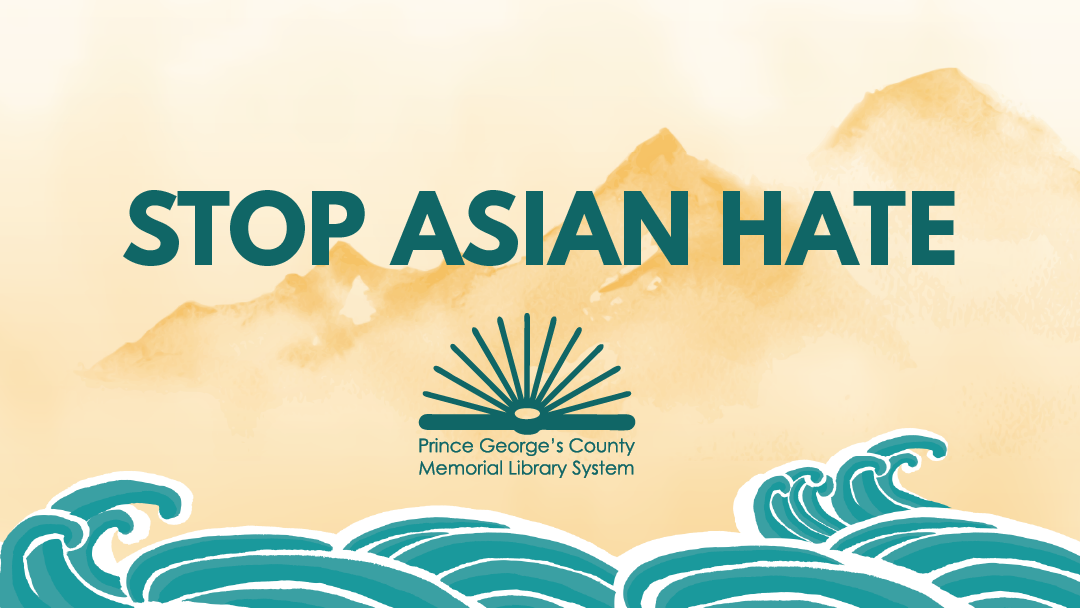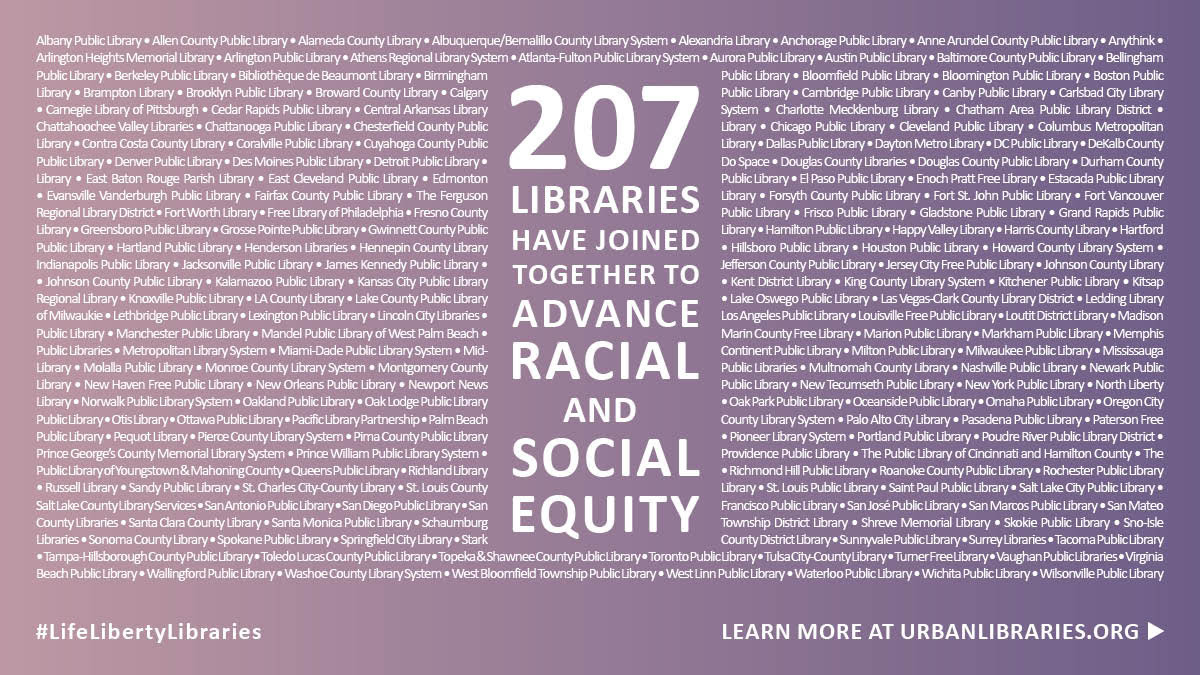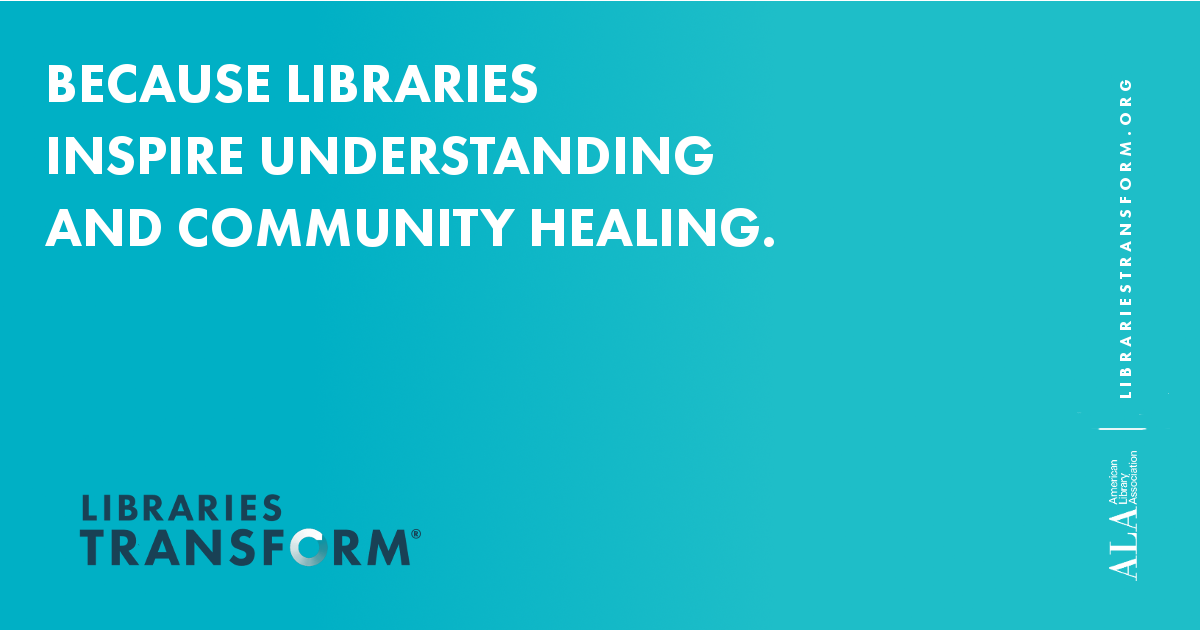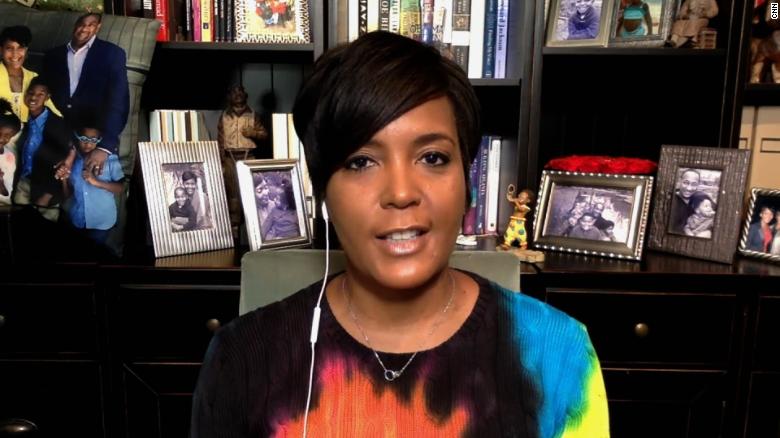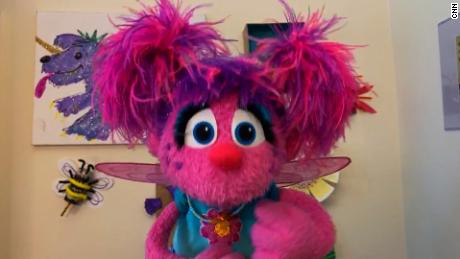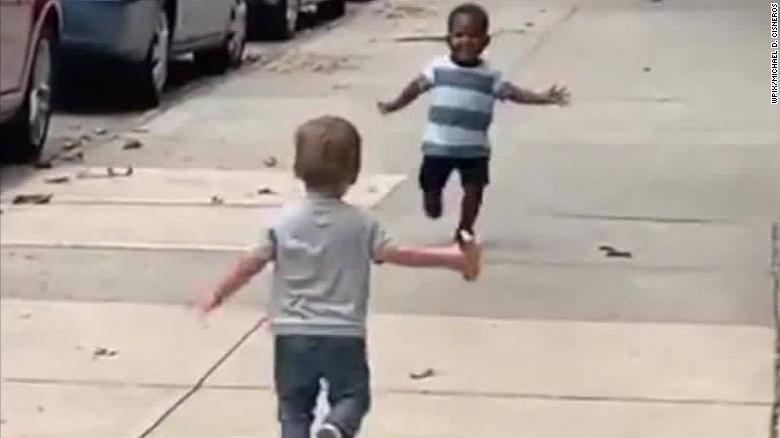
PGCMLS Anti-Racism
Remembering Rep. John Lewis - Recommended Reads
Videos and Media
The Untold Story of the 1869 Lynching of Mr. Thomas Juricks in Piscataway
Presentation and discussion by the Prince George's County Lynching Memorial Project (PGCLMP) tells Mr. Juricks’ tragic story, one of four documented racial terror lynchings that occurred in Prince George’s County, Maryland. It also explains the necessity to tell this buried story from our past while learning about the PGCLMP and how you can get involved in their work around truth, reconciliation, and healing.
Tiffany Haddish Reads "I Love My Hair" | Bookmarks | Netflix Jr
Anti-Racism and the Black Experience: A Roundtable Discussion
Efforts to be truly anti-racist sometimes require us to step outside of our own experiences. Join us as we use Ta-Nehisi Coates's book Between the World and Me as a point of reference in discussing what it means to confront racist sentiment while being Black in America.
National Book Festival Presents: Race in America, Jason Reynolds and Jacqueline Woodson
To commemorate Juneteenth, the holiday marking the end of slavery, Librarian of Congress Carla Hayden chats with current National Ambassador for Young People’s Literature Jason Reynolds and former National Ambassador Jacqueline Woodson about ways to hear and support kids during a period of nationwide protest against injustice.
Jason Reynolds and Ibram Kendi Keynote Conversation | SLJ Day of Dialog 2020
Jason Reynolds and Ibram X. Kendi, co-authors of "Stamped: Racism, Antiracism, and You" (Little, Brown) opened School Library Journal's virtual Day of Dialog, May 27, 2020.
Talking to Children Authentically about Race and Racism
PBS KIDS for Parents hosted this important conversation — featuring fellow parents, educators and child development and trauma experts — about how you can talk with young children about racial injustice and violence against Black people. Explore questions such as: How can parents of Black children continue to instill confidence and pride in young kids while also explaining the racial inequity and barriers that continue today? And, how can parents of non-Black children help young kids understand their role in confronting anti-Black racism? Hear questions from fellow parents and learn tips and resources you can use to continue to have these meaningful conversations now and into the future.
Let's Talk About Race
I made this video for the kindergarten students at my school. I realize this might be a helpful video for non-Black children to also watch. In the video I discuss what racism is and how it’s impacted the lives of Black and Brown people. I also read aloud the story Let’s Talk about Race. Finally, I encourage young people to think about what actions they can take to use their voice to speak out against injustices.
CNN Sesame Street Town Hall - How to Explain Racism to Kids
Atlanta Mayor Keisha Lance Bottoms takes questions along with CNN's Van Jones and Erica Hill about how to combat racism, and shares a message with kids about how to make a change. Source: CNN
CNN Sesame Street Town Hall - Abby Cadabby shares a personal story
Sesame Street's Abby Kadaby shares a story of how her fellow Sesame Street friend Big Bird was a victim of prejudice, and how she stood up for him. A college professor defines white privilege. Source: CNN
CNN Sesame Street Town Hall - Viral child stars reunite
Two children from a heartwarming viral video catch up with each other over video. Former Philadelphia Police Chief Charles Ramsey shares a message to children of color. Source: CNN
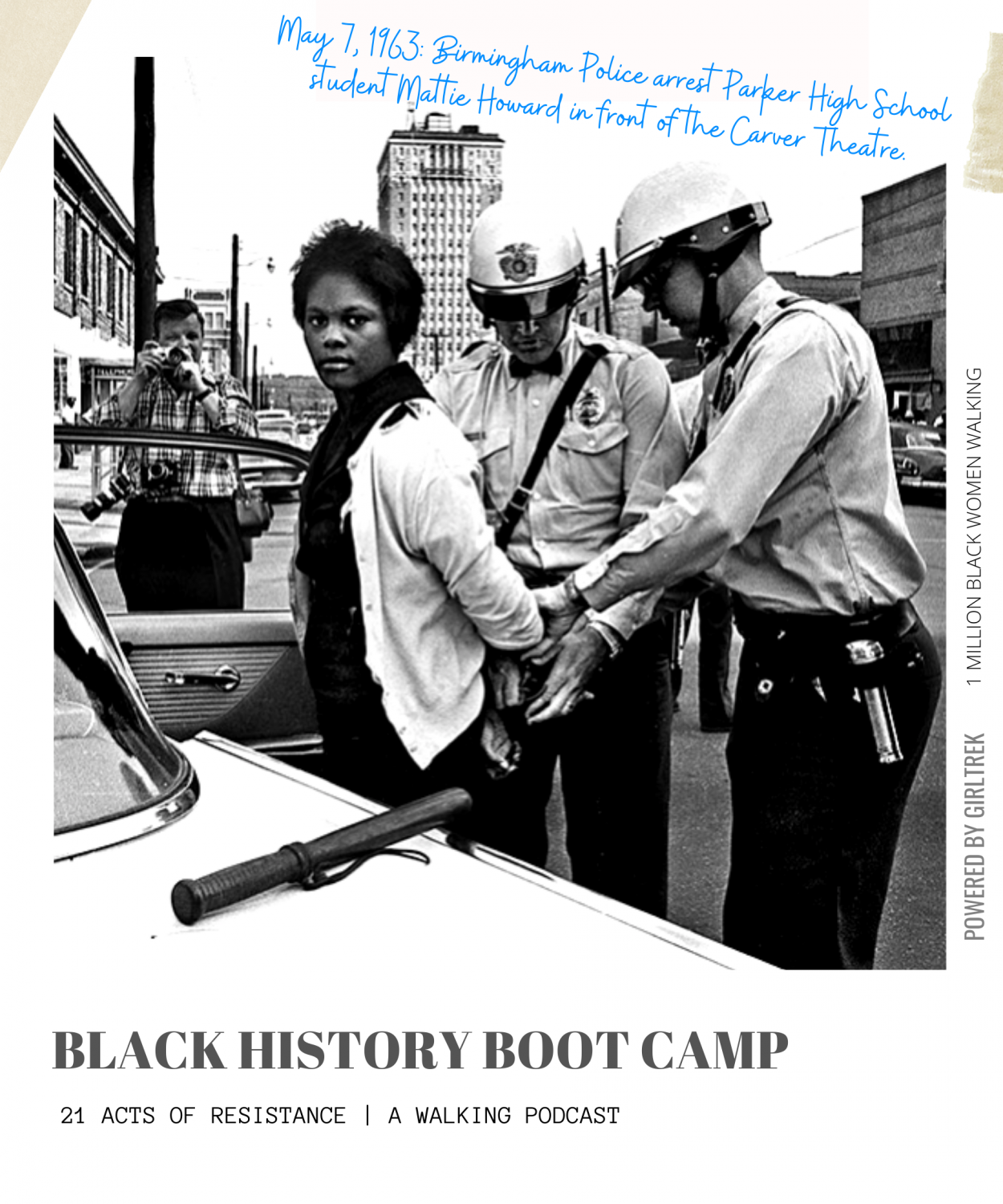
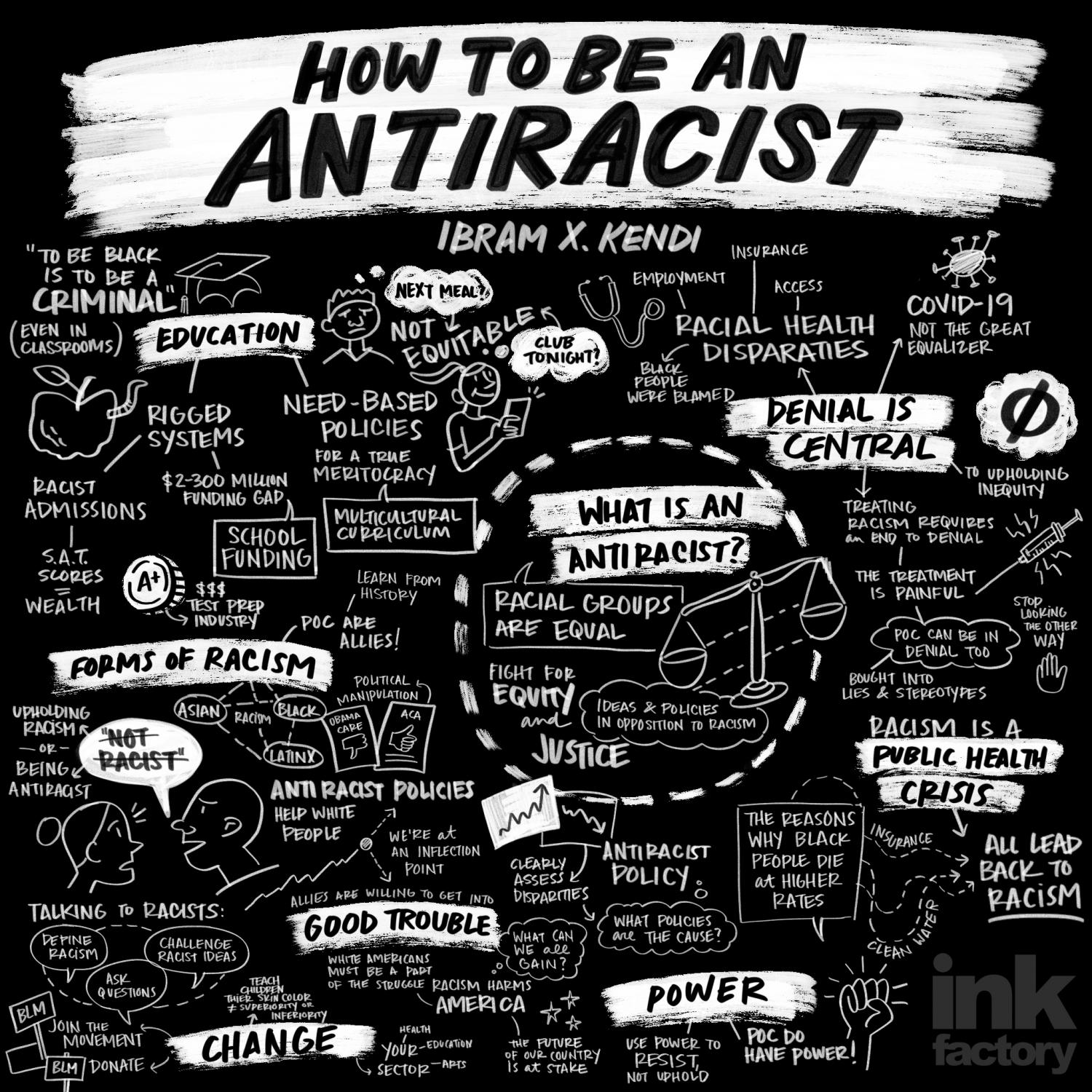
Credit: Visual notes created by Ink Factory - http://inkfactorystudio.com/
Additional Resources
- The Black Deaf Center
- The Black ASL Project
- Additional resources (Top Shelf Comix)
Events
The Elephant We Don't See - Why are all the Black Kids Sitting Together in the Cafeteria?
Michelle Hamiel of PGCMLS and Kyla Hanington of the Prince George's County Human Relations Commission discuss "Why are All the Black Kids Sitting Together in the Cafeteria?" by Beverly Daniel Tatum, PhD.
Eddie S. Glaude Jr. on "Begin Again: James Baldwin's America and its Urgent Lessons for our Own"
New York Times bestselling author and Princeton University professor Eddie S. Glaude Jr. discusses his new book, "Begin Again: James Baldwin's American and its Urgent Lessons for Our Now."
Kendra Allen on "When You Learn the Alphabet"
When You Learn the Alphabet allots space for large moments of tenderness and empathy for all black bodies—but especially all black woman bodies—space for the underrepresented humanity and uncared for pain of black girls, and space to have the opportunity to be listened to in order to evolve past it.
Authors for Truth: William G. Thomas III on "A Question of Freedom"
The Authors for Truth series provides Prince George’s County residents with opportunities to meet and hear from national authors whose works address social justice issues and promote equality.
Past Events
Recommended Reading & Viewing
John Lewis’ March series is temporarily available for unlimited free access through ComicsPlus. Access with your PGCMLS library card or PGCPS LINK card number.





